The Copenhagen Daycare Project

The ability to deal with difficult feelings like anger and sadness, and how we express those feelings in social relationships is essential for mental health throughout life. Children start developing these abilities in the earliest years of life and they rely on the help they get from their adult caregivers, including parents and professional caregivers, to make sense of and respond to their feelings. With their caregivers’ support and guidance children also develop their understanding of the world and the objects within it as well as learn about themselves, language, social and motor skills. In Denmark, almost all 0-3-year-old children attend daycare centers, which is why daycare providers in Denmark play an extra important role in supporting children in coping with their feelings, learning about the world, and building positive relationships with their peers.
The project has two objectives
-
We test whether a Dutch training program (Caregiver Interactive Profile, CIP) is effective in promoting the quality of daycare providers’ interactions with the children in their care. The CIP training focuses on six specific interactive skills that we know are important for children’s development. We also test whether the training program has a positive impact on children's social, emotional and language development. The project will include 200 daycare providers and 500 children.
-
We will test a new observational method, SPIRE, that aims to upskill the daycare providers to detect and support those children who need extra help in relation to expressing and coping with their feelings and behavior.
The project is innovative because we test both the effect of the CIP training in regards to the daycare provider’s interactions with the children and we examine the effects of the training program in relation to the children's development. More so we test a new observational method, for implementation in the pedagogical practice.
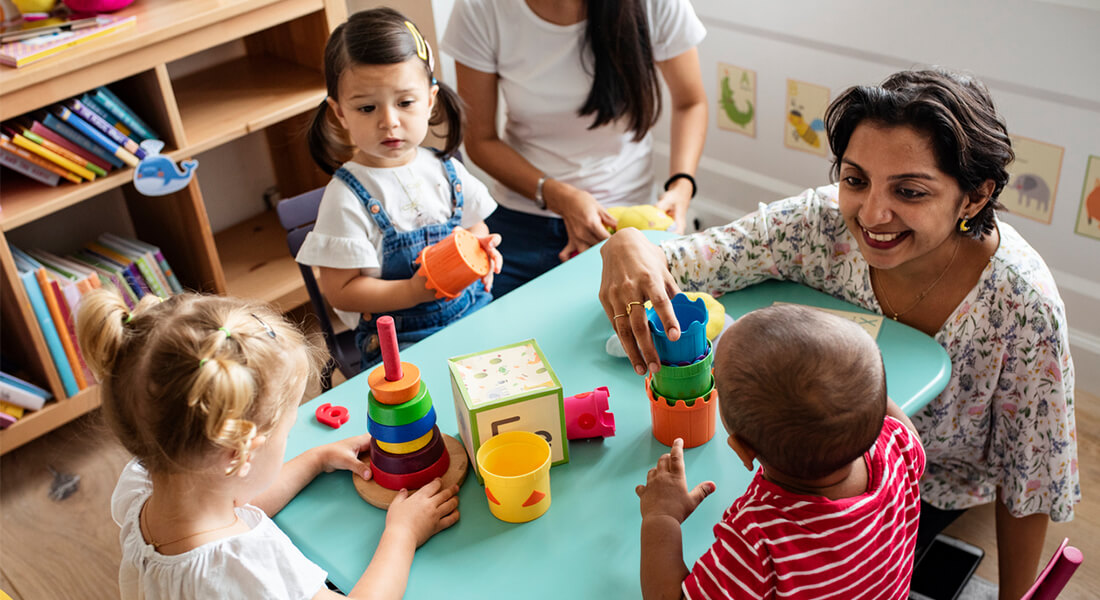
In The Copenhagen Daycare Project, we evaluate the effect of the Caregiver Interaction Profile (CIP) training program.
In collaboration with the City of Copenhagen and Copenhagen University College, 200 daycare providers are trained with the CIP training program. The CIP training program aims to help daycare providers who work with children aged 0-3 years to improve their abilities to form healthy and stimulating relationships with children in daycare.
The CIP training program has been developed by the Dutch researcher Katrien Helmerhorst and colleagues and focuses on six interactive skills that are important for supporting children’s development. The six interactive skills are: sensitive responsiveness, respect for autonomy, structuring and limit setting, verbal communication, developmental stimulation and fostering positive peer interactions.
How it works in practice
The CIP training itself takes place over 4 or 6 training sessions, where 1-2 daycare providers together with a CIP trainer focus on the 6 skills. In CIP training, we use a video feedback method. This means that the daycare providers, together with the CIP trainer, looks at video recordings of their interactions with the children in the daycare center. The video recordings consist of four different situations: lunch/snack, free play, diapering, and a transition between group activities. In the training, the daycare providers and the CIP trainer have a dialogue and reflection about the daycare providers practice shown in the video recordings with focus on the six interaction skills.
In Denmark, more than 90% of all children aged 0-3 are enrolled in daycare, and therefore the daycare providers play an import role in relation to supporting the children’s social and emotional development – including also supporting their emotion regulation.
The ability to regulate emotions are an important skill, that contributes to children’s mental health and social development. Research shows, among other things, that emotion regulation can affect children’s overall well-being, the way they form relations to peers and how they participate in school later on (Denham et. Al., 2003; Graziano et. al, 2007). Therefore, there is great potential in supporting children early on in learning effective strategies for managing emotions.
The SPIRE project is a part of the Copenhagen Daycare Project and aims to develop and test out a new observation and reflection tool for use in pedagogical practice.
SPIRE stand for: Supportive Practice: Identification and REgulation of emotion in daycare.
SPIRE consist of two parts:
- An observation tool that supports the daycare providers in identifying children’s resources and potential difficulties with emotion regulation in the daycare
- A reflection tool that supports the daycare providers in how they can support children in their emotion regulation in general. In addition, how they can initiate and evaluate pedagogical initiatives targeted children, who needs extra support with emotion regulation
SPIRE is being developed based on international research and in close collaboration with Danish early childhood educators. You can read more about the project’s phases and its components below.
Project phases
Systematic literature review (2024+2025)
Purpose: To establish a research-based foundation for SPIRE by identifying which emotion regulation strategies children aged 0-5 use, according to international research.
Delphi-study (2025)
Purpose: To qualify and nuance the understanding of emotion regulation strategies in children of nursery and kindergarten age through expert assessments.
Focus group interviews on working with emotion regulation (2025)
Purpose: To gain insight in how emotion regulation is already being addressed in a Danish pedagogical practice, and what is important to consider in the development of SPIRE.
Interviews with focus on the early childhood educators experience with SPIRE (2025/2026)
Purpose: To gather knowledge about early childhood educators’ immediate experiences with the observation tool in order to adapt it to the Danish pedagogical practice.
Pilot test of SPIRE – the observation tool (2025/2026)
Purpose: To examine how SPIRE works in practice, and whether the observation tool is perceived as meaningful and useful by pedagogical staff.
Development and pilot testing of SPIRE – the reflection tool (2026-2027)
Purpose: To develop, test, and evaluate a reflection tool that can support pedagogical staff in working with emotion regulation in the daycare.
Caregiver Interaction Profile (CIP)
For inquires and questions, please contact:
|
Katrine Krogh Hansen |
Clara Christensen Vieira |
SPIRE
For inquires and questions, please contact:
|
Amanda Ray Johnsen |
Anna Fleng Nielsen |
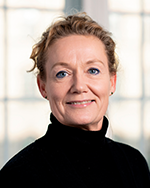 |
Mette Skovgaard Væver |
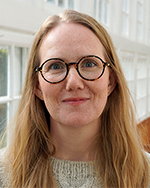 |
Katrine Røhder |
 |
Ida Egmose Pedersen |
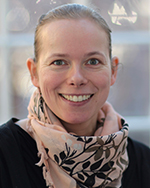 |
Marianne Thode Krogh |
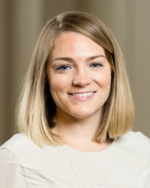 |
Lauren Renee Bader |
 |
Tina Wahl Haase |
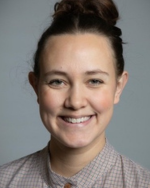 |
Amanda Ray Johnsen |
 |
|
 |
Camilla Stejnmejer Iversen |
 |
Clara Christensen Vieira |
Student assistants
|
Katrine Krogh Hansen |
|
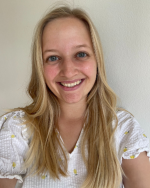 |
Mie Friis Larsen |
 |
Thilde Refstrup Hyldgaard |
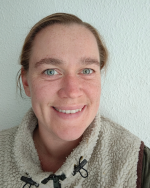 |
Sofie Lindgaard Nielsen |
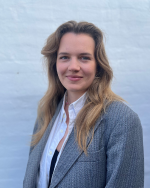 |
Elvira Vilsbæk Kongstad |
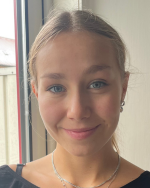 |
Olivia Rode Diness |
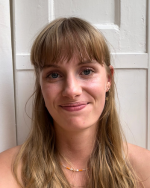 |
Sigrid Bertram Pedersen |
 |
Laurits Grunnet |
 |
Nanna Koch |
| Jonathan Haahr Vigilius Psychology student SPIRE |
|
| Sarah Rosbøl Psychology student Caregiver Interaction Profile (CIP) |
External partners
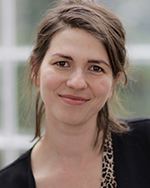 |
Sophie Reijman Associate Professor, Vrije Universiteit Amsterdam Caregiver Interaction Profile (CIP) |
 |
Vibe Larsen Docent, University College Copenhagen Caregiver Interaction Profile (CIP) |
About the project
Full title: The Copenhagen Daycare Project - Enhancing the role of daycare providers in supporting young children’s social and emotional development.
Project period: 2022 -
The project is a national and international collaboration between the University of Copenhagen, the City of Copenhagen and University College of Copenhagen, Groningen University, NL and Vrije University, NL.
The project is funded by grants from the Independent Research Fund Denmark and TrygFonden.
